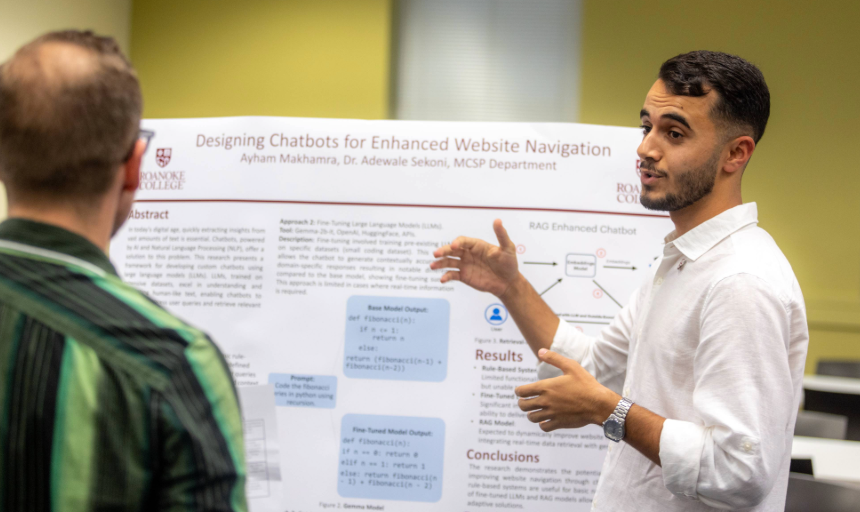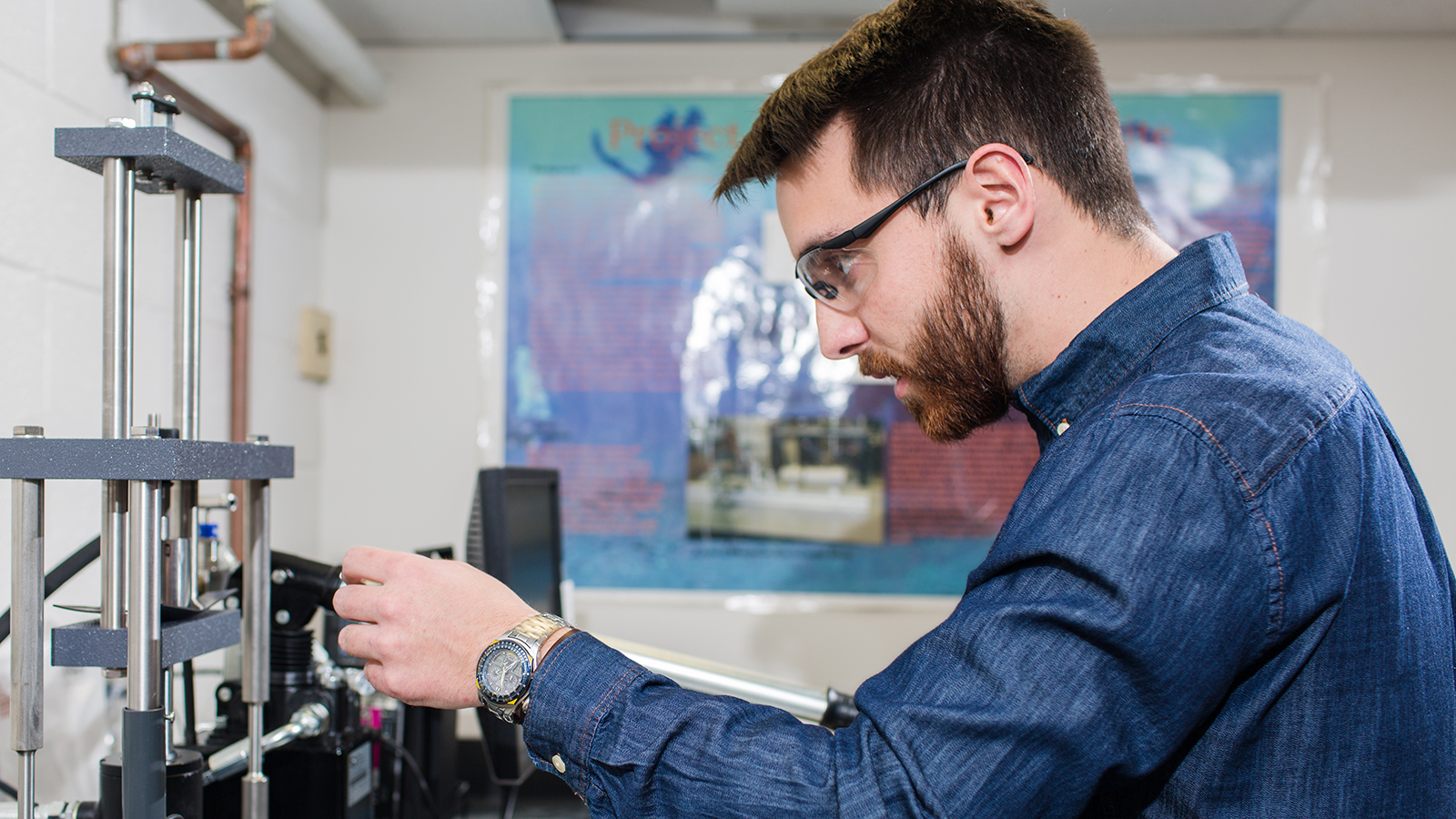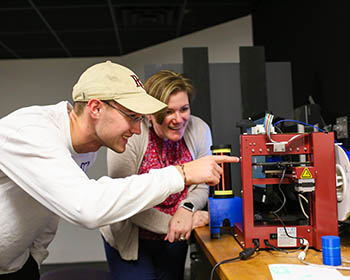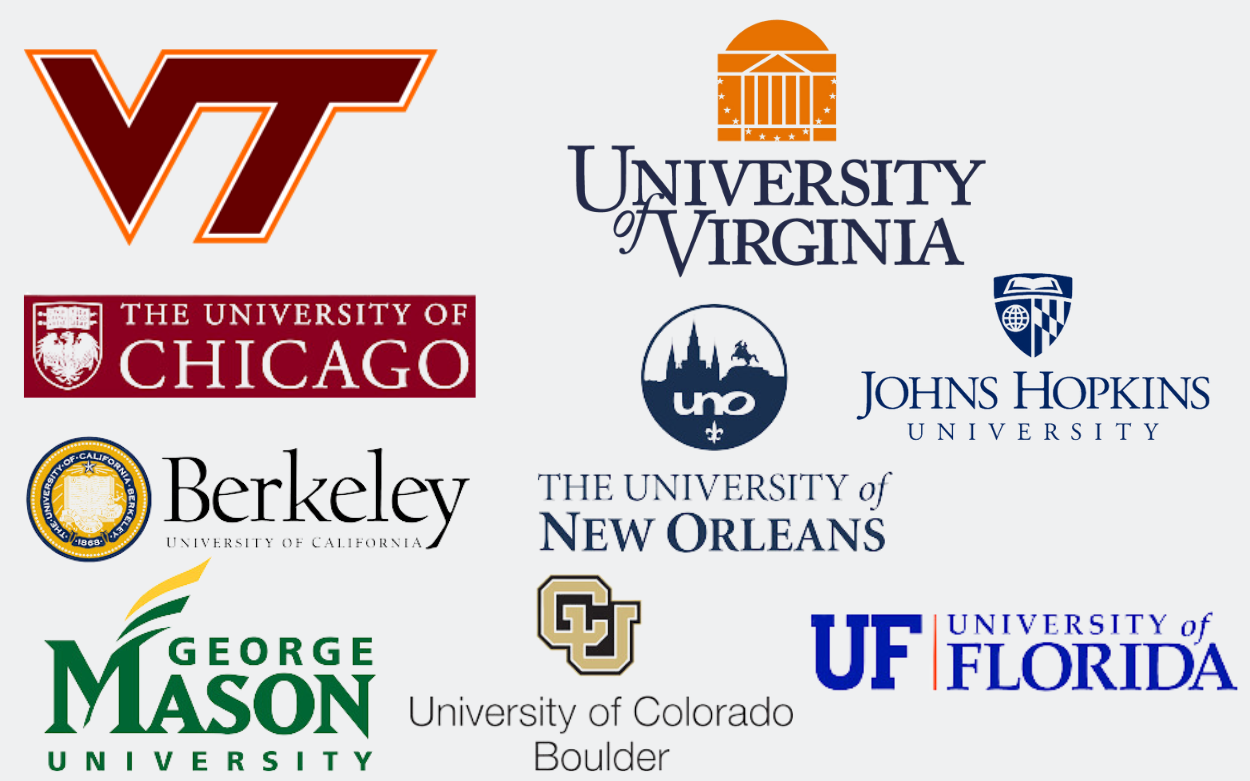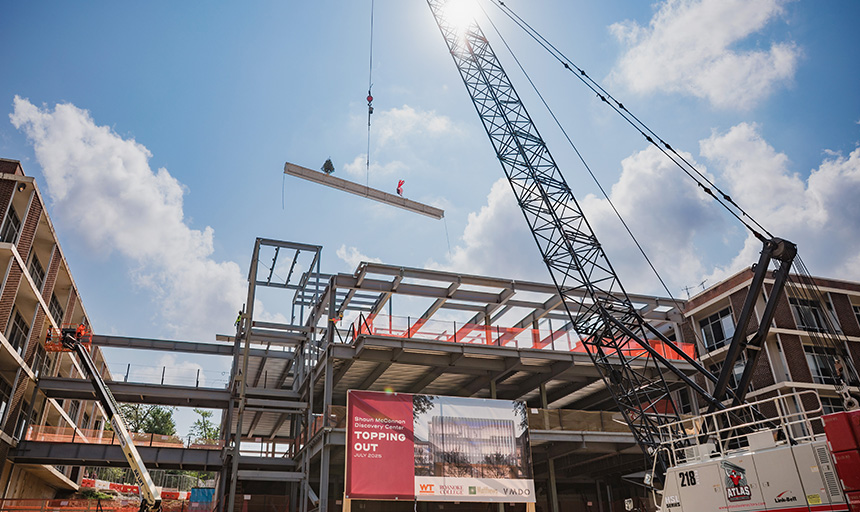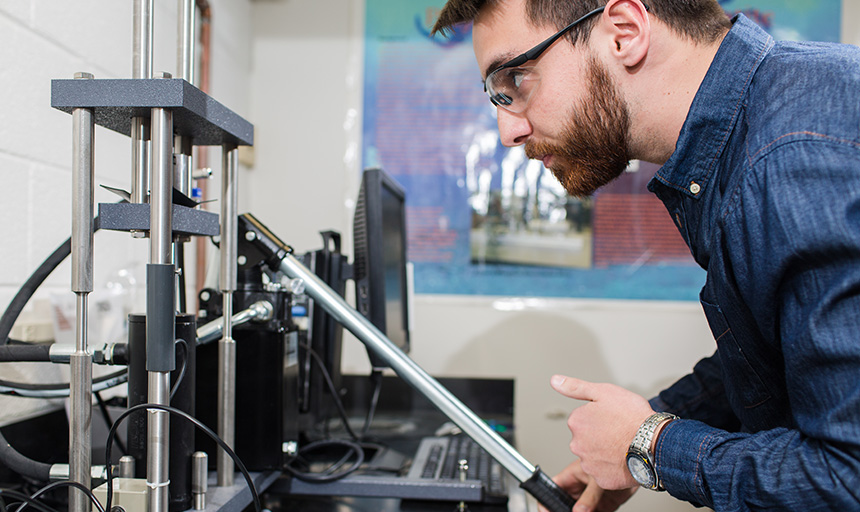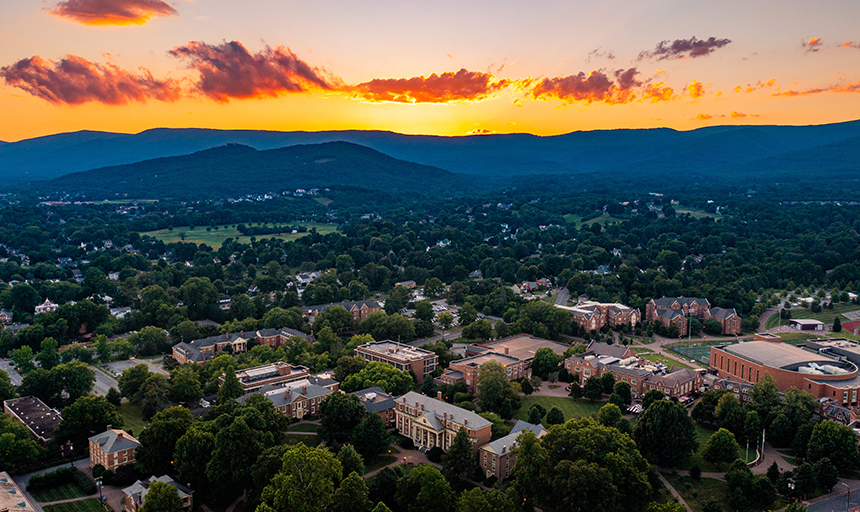Engineering Science
Available as a major
It’s not just about knowing how to design or build something — it’s critical to know why. Roanoke’s engineering science major combines the pure science and mathematics that go into engineering and the broader skills that come from a liberal arts education. Graduates will be poised for immediate work in the engineering field or graduate school.
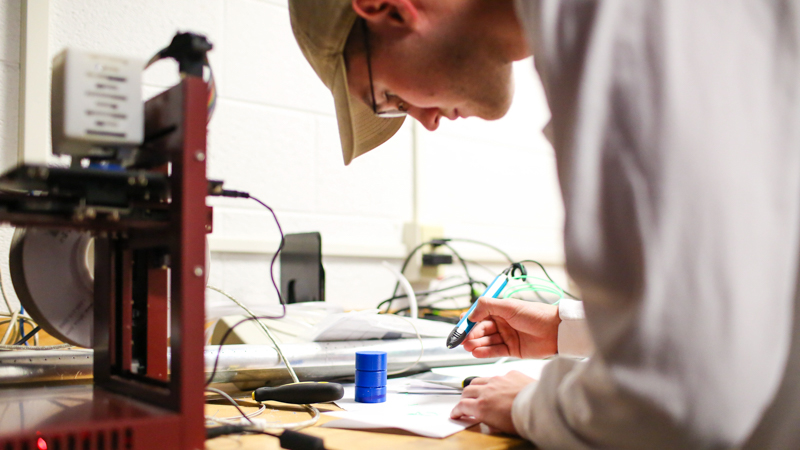
Curriculum & Courses
Student Experiences
Careers & Outcomes
Faculty
News
-
This interactive workshop, the first of a two-part event, is intended to train researchers to better communicate their work with people outside of their field. Folks from all programs are encouraged to attend!
- Date:
- March 27, 2026
- Time:
- 4 - 6 p.m.
- Location:
Antrim Chapel
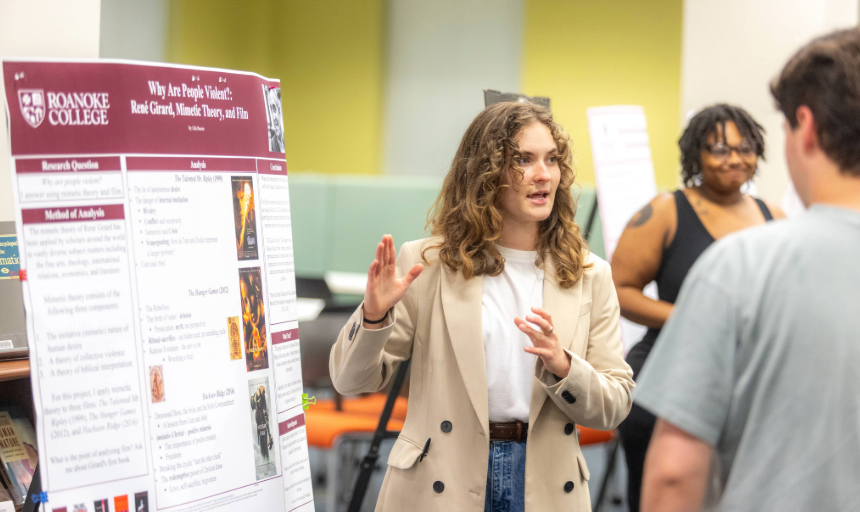
-
Engaged in research? Consider competing in this year's Nutshell Games Competition for a chance to win an Amazon e-gift card.
- Date:
- April 21, 2026
- Time:
- 6 - 7:30 p.m.
- Location:
Antrim Chapel
